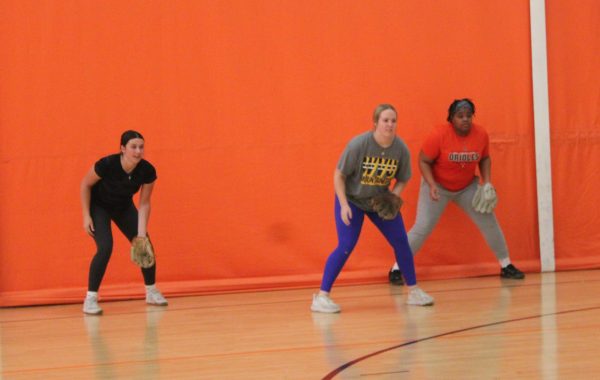Drug use is the new form of cheating
Study reveals increased use of unprescribed stimulants among teens
October 2, 2013
As the College Board and ACT look to crack down on cheating in standardized tests through electronic identification and other methods, they must also address the growing number of teens using unprescribed drugs.
“Study drugs,” or stimulants such as Adderall and Ritalin, are often prescribed for children or young adults to help treat Attention Deficit Hyperactivity Disorder (ADHD) and other focus-based problems.
ADHD diagnoses have risen to nearly 11 percent for all school-aged children, according to data released by the Centers for Disease Control and Prevention (CDC) in 2013.
The CDC also concluded that nearly 20 percent of all high school boys are treated for ADHD through prescription drugs, and possibly side-effects include loss of appetite or sleep.
In addition to numerous unintended effects for those without ADHD or other disorders, teens often are forced to illegally break the law to obtain study drugs, from using methods such as forged prescriptions to buying from classmates.
Research conducted in 2012 by Monitoring the Future, a non-profit organization focused on teen development, found nearly 10 percent of all high schoolers and 12 percent of all seniors admit to illegally using study drugs to boost academic performance in class or testing.
While stress is undoubtedly present in high school, teens should look for other ways to improve academic performance instead of misusing prescription medications.
As study drugs give students an unfair advantage over others, they are technically a form of cheating for those who are not prescribed it. Under school and federal policies, students could receive punitive action if caught utilizing these drugs. Despite the perceived benefits of using these stimulants, students should think twice before popping the pill for health and ethical reasons.












